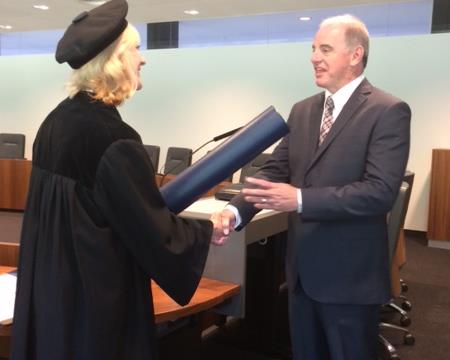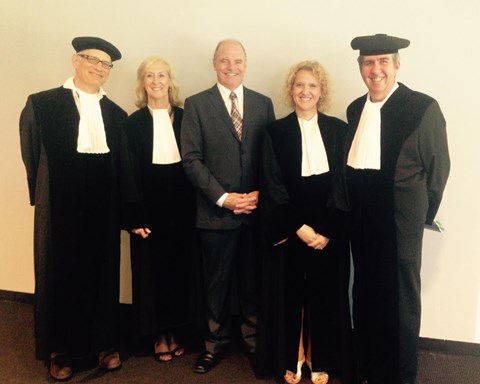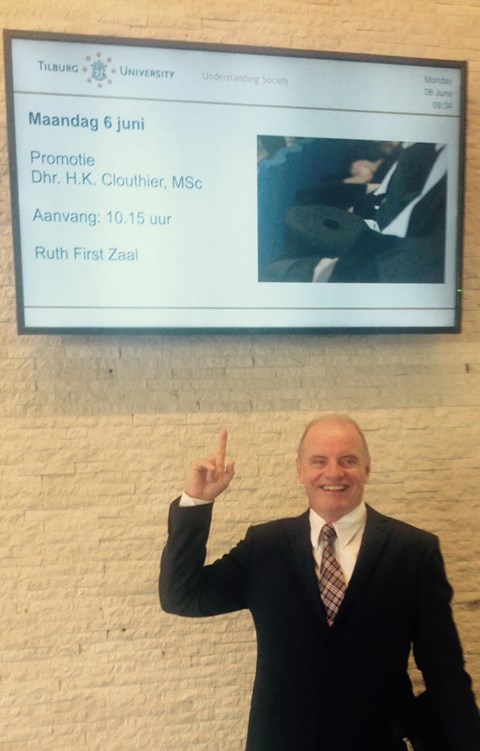Kevin Clouthier
Dissertation title:
A Complex Responsive Processes Perspective of Meaning-Making and Change in Solution-Focused Brief Therapy
June 6, 2016
Abstract:
Solution-focused brief therapy has, during its 30-year history, emerged as an evidence-based psychotherapy model. Grounded within discursive practices, the co-creation of potential futures are developed through conversations touching upon non-problem themes from the past and present. Controversy exists, however, regarding the practice. There are those who hold the view that being solution-focused requires the practitioner to follow a prescribed methodology (Bliss & Bray, 1999), while others propose that there is only a need to adhere to the philosophical tenets (Sundman, 2012) of the method.
In this study, I explore solution-focused brief therapy through the lens of complex responsive processes, which is a theory that regards the future as continuously emerging through temporal processes of human social interaction. The intention of this work is to glean knowledge of solution-focused brief therapy change processes from this theory that draws analogy from complexity theory. The study method of reflexive narrative inquiry uses complex responsive processes to elicit themes that are relevant to the questions exploring how change takes place in therapeutic dialogue and how these changes are migrated from the therapeutic process to the real world.
Emerging from this inquiry are findings that shed light on the clinical use of power relations and on the therapeutic use of time and misunderstanding as clinical resources. There is also discussion of the means by which change transforms from therapeutic conversation to lived experience.



